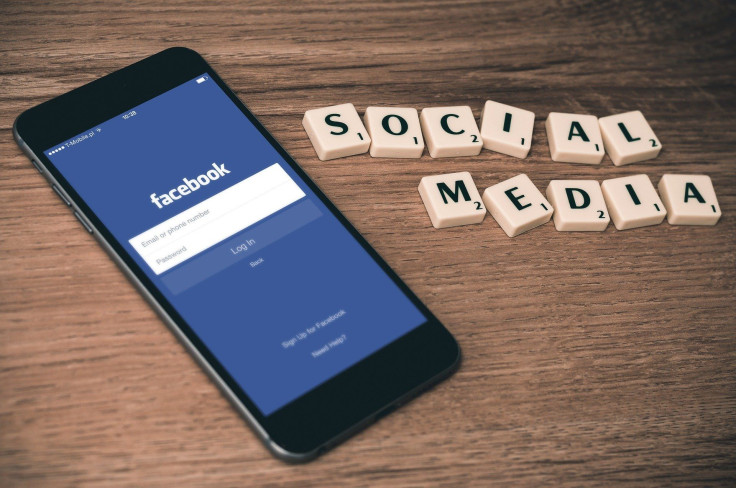
What was once a powerhouse of social media has turned into the world’s most hated social media platform. Yes, I’m talking about none other than Facebook. The hate for Facebook has only been growing for the past few years, and more and more people wish to delete their accounts.
If you’re wondering why the once-adored social media site has become disliked, look no further than the numerous privacy scandals that have taken place. All of them feature Facebook as the primary suspect, for example, Cambridge Analytica. The scandals mixed with Facebook’s weak responses and actions to cull privacy violations create a picture of disrespect towards users of the platform. Don’t take my word for it, however, listen to internet privacy advocate Harold Li of ExpressVPN’s explanation as to why Facebook has lost the trust of its users when asked his views on Facebook’s fines for privacy violations:
“The core problem still stands—Facebook is unwilling to own up to its long-running track record of violating the personal privacy of users. Mark Zuckerberg may be blind to his company’s failings, but consumers agree: Facebook bears significant responsibility, and its poor privacy and accountability practices continue to pose significant harm to society and democracy.”
How to Erase Your Facebook Account and Information
Facebook gives you two options: deactivating and deleting your account. Deactivating doesn’t do much, only hiding you from other people’s timelines and searches. Your data will still be visible for the world to see. Plus, you can reactivate whenever you want.
Deleting Facebook accounts, on the other hand, removes your trace from the whole site. Your data will be removed, your account will be removed from their database, and you will not be able to bring it back. Suffice to say, deleting your account is a big commitment, but if you’re sure you want to commit to it, allow me to explain the (surprisingly easy) process and show you how to delete Facebook account.
- Click the downward arrow on the top right
- On New Facebook, click Settings then Your Facebook Information. On Classic Facebook, click on Settings & Privacy then Settings.
- On New Facebook, click Deactivation and Deletion and click Delete Account. On Classic Facebook, the process is the same besides Deactivation and Deletion being hidden behind Your Facebook Information
- Once you click on Delete Account, you’ll be prompted for your password. Enter your password and confirm deletion of your account.
- Once confirmed, Facebook will revoke access to your account and begin the deletion process. Congratulations, you’ve made it through!
Keep in mind that, per Facebook’s Support page, the Facebook deleting process can take up to 90 days, meaning you may still see traces of your account here and there until the process is complete, so don’t be scared if you see your profile floating around during those 90 days.
Why People Want to Delete Their Facebook Accounts
Earlier, I explained that Facebook has proven time and time again they cannot be trusted with personal information. Exposees about Facebook have circulated the Internet for years, but Cambridge Analytica really did a number on the social media giant and opened the eyes of Facebook users.
The lack of privacy has caused so much fear that people are now fleeing the site for the next big thing, whether it be Twitter or Instagram, but one thing is for sure: you’re guaranteed more privacy on any one of those sites than you are on Facebook.

How to Ensure Your Privacy Online
Companies not caring about the user base’s online privacy unfortunately seems to be a growing trend, or maybe it was a constant trend that’s only now being exposed. Either way, one thing has become clear: it’s up to us to protect our privacy online. After all, there are many scams popping up nowadays, even during times of pandemic. Fortunately, there are plenty of ways to do that. IF you’re interested in protecting your privacy online, take a look at my personal suggestions.
Practicing Online Safety Etiquette
Learning how to delete Facebook account won’t help if you’re risking your privacy on other sites. How many ads do you click on? What information do you share on social media? Are you using the same password for all your accounts?
Practicing good online safety etiquette is key to keeping your online privacy intact. Without learning proper procedures and rules, you’ll quickly become your biggest enemy when it comes to security.
Encrypting Your Browsing Traffic
Not many people think about the quality of security of the network they’re on--as long as the network exists, why not connect to it?
However, this lack of awareness risks the privacy of the individual. Many cybercriminals use unsecured networks, such as public networks, to intercept data and information on certain individuals. You’d be shocked how many people access their bank account while at the grocery store.
To avoid this, look into encrypting your browsing traffic. You can easily do this with a VPN, which makes sure your device’s data is untraceable and inaccessible. One VPN download can save your identity, so it’s worth looking into.
Changing Up Your Passwords
Unique passwords have become a rarity in today’s world. According to multiple sources, the top 10 most popular passwords are short, easy-to-guess, and all-around terrible passwords no one should use.
Please don’t use any of those passwords or anything like them. Instead, use a strong, unique password for every account you have. Password managers exist for that very reason. There’s no reason you shouldn’t have a unique password for all your accounts.
Conclusion
It’s uplifting, the amount of people who are becoming increasingly aware of their online privacy and why it’s important. And the amount of people looking for ways to jump off the ship that is Facebook puts that trend on full display.
Fortunately, deleting your Facebook account is as easy as ever. After the simple process, you can take multiple steps to ensure your online privacy stays at an all-time high, whether it be through the use of an encryption tool or a password manager...preferably both.



